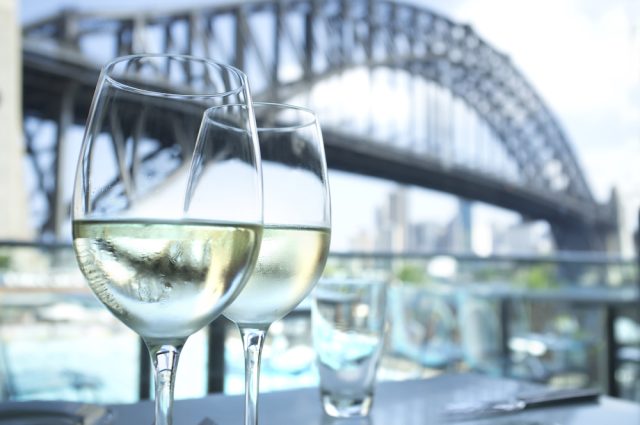This website uses cookies so that we can provide you with the best user experience possible. Cookie information is stored in your browser and performs functions such as recognising you when you return to our website and helping our team to understand which sections of the website you find most interesting and useful.
Accolade Wines taken over by Bain-led consortium
As widely expected, Accolade Wines, Australia’s second largest producer, has succumbed to a debt for equity swap and change of control.

It has been taken over by a consortium of investors led by Bain & Co only five year after US investment group Carlyle swooped on Accolade for $A1bn in 2018, at a time when Australian wine assets looked more attractive.
Accolade was hit hard by China’s punitive wine tariffs which were introduced following a political spat with the Australian government over human rights and the origins of the coronavirus pandemic. Former prime minister Scott Morrison likened the West’s appeasement of China to Hitler at Munich, but the situation has since thawed under new prime minister Anthony Albanese.
The China situation was compounded by consumers continuing to trade upmarket, leaving producers of commodity wines such as Accolade with oversupply and stretched finances.
“Like all Australian winemakers, we have been hit by a number of challenging macroeconomic and industry headwinds in recent years,” said Robert Foye, Accolade’s chief executive.
“Our ability to respond to these challenges and grow has been hampered by an unsustainable balance sheet.”
Proud history
In a statement accompanying the announcement Accolade said: “Accolade Wines has a long, proud Australian history as a world class wine producer and we hope it will remain so for many decades to come.
“We hope this restructure will build a more secure long-term future of the business.”
Despite owning renowned brands such Hardy’s and Banrock Station, Carlyle had signalled problems at Accolade by selling off smaller labels such as Tasmania’s Bay of Fires and House of Arras.
The company had built up unserviceable debts, including a loan of almost $A600m which falls due next year.
Timing
The swoop on Accolade has been carefully timed.
The new Bain consortium, called Australian Wine Holdco, had been buying Accolade shares at deep discounts, putting further pressure on Carlyle.
They expect to complete the recapitalisation of the company in the next few months and, ominously, they have already begun talks with growers in South Australia aimed at renegotiating grape supply contracts.
As previously reported by the drinks business, many growers are on the edge of bankruptcy and Australia has about 2 million bottles surplus to demand as the 2024 vintage approaches.
Analysts expect the restructured company to become a consolidation target for a large trade buyer or a private equity company in a similar move to Carlyle’s 2018 move.
On the plus side for Bain and its partners, hopes are rising that the Chinese market for Australian wines will soon reopen.
Beijing is conducting a “review” of the punitive tariffs and the hopes are that exports will soon begin to flow again.
China
But that will not be a panacea for the industry’s problems.
China’s drinkers are moving away from wines, especially commodity lines, in favour of spirits and at the same time producers from South America, South Africa and Europe have move rapidly to fill the gaps of the shelves.
Australian wine companies including the largest, Treasury Wine Estates, have turned to other markets in Asia and North America in attempts to offset the loss of Chinese sales.
Australia’s third largest producer, Australian Vintage, has been conducting a strategic review of its entire operations and shareholders are awaiting its findings later this month.

